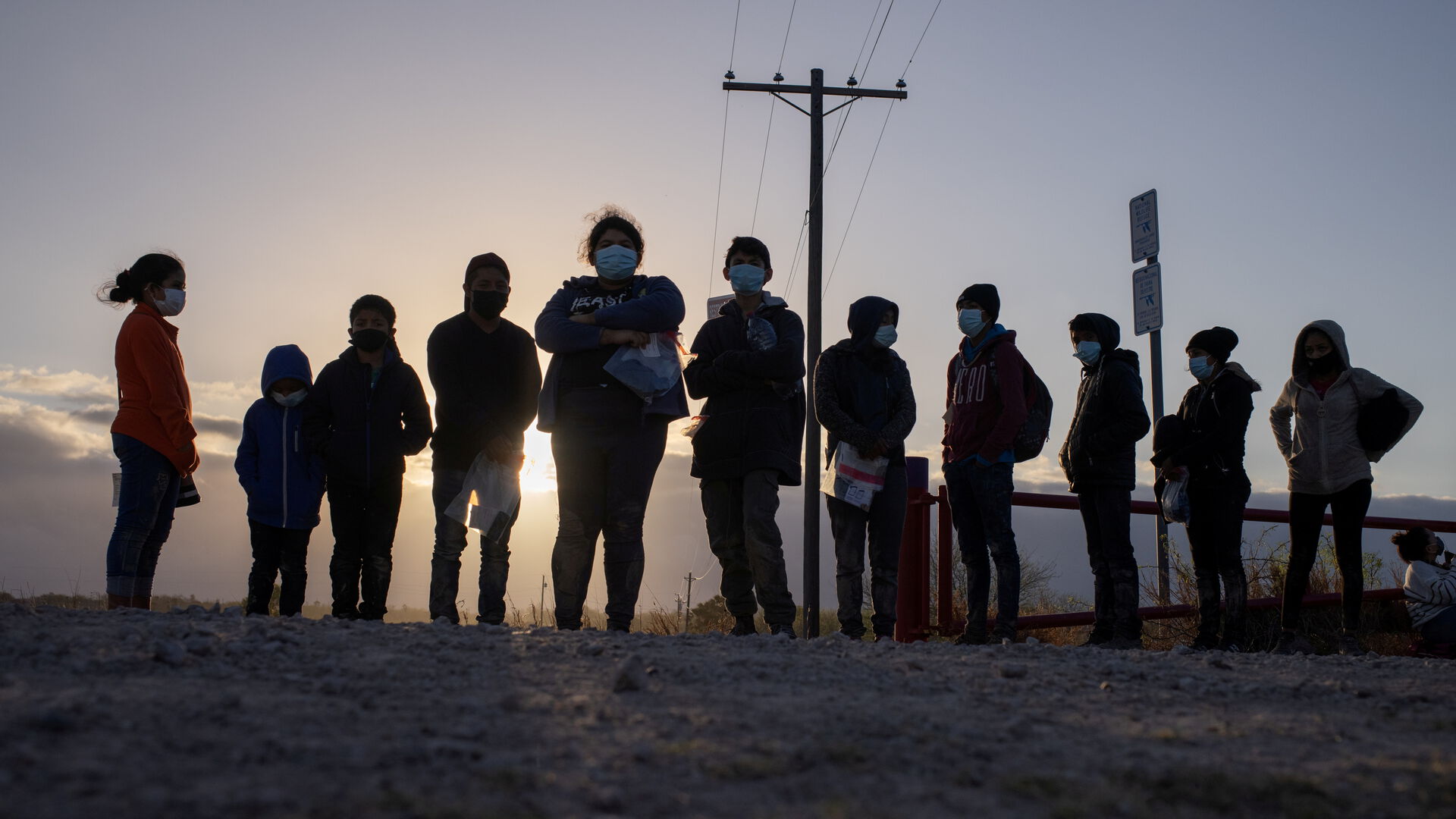
Conservative Supreme Court justices help shut down Texas immigration lawsuit
By Ray Bogan (Political Correspondent), Brian Spencer (Editor)
Media Landscape
See how news outlets across the political spectrum are covering this story. Learn moreBias Distribution
Left
Untracked Bias
The Supreme Court ruled 8-1 that Texas and Louisiana lack the standing to sue the Biden administration over its immigration policy regarding enforcement prioritization. A coalition of liberal and conservative justices joined together to form the majority in United States v. Texas. Justice Samuel Alito was the lone dissenter.
The back story
In 2021, Homeland Security Secretary Alejandro Mayorkas created a new immigration policy that prioritized the arrest and deportation of illegal immigrants who are suspected terrorists or dangerous criminals, or who have recently entered the country unlawfully.
Texas and Louisiana sued because they wanted the administration to have even stricter guidelines that expand enforcement measures. The states argued the new policy broke federal immigration law.
Article III standing
The justices determined those states do not have standing to sue under Article III, which is established when the plaintiff proves they suffered an injury that can be resolved by a court order.
Justice Brett Kavanaugh wrote for the majority, “The States have not cited any precedent, history, or tradition of courts ordering the Executive Branch to change its arrest or prosecution policies so that the Executive Branch makes more arrests or initiates more prosecutions. On the contrary, this Court has previously ruled that a plaintiff lacks standing to bring such a suit.”
Kavanaugh went on to explain his reasoning.
“When the Executive Branch elects not to arrest or prosecute, it does not exercise coercive power over an individual’s liberty or property, and thus does not infringe upon interests that courts often are called upon to protect. Moreover, such lawsuits run up against the Executive’s Article II authority to decide ‘how to prioritize and how aggressively to pursue legal actions against defendants who violate the law.’”
“In sum, the States have brought an extraordinarily unusual lawsuit. They want a federal court to order the Executive Branch to alter its arrest policies so as to make more arrests,” the majority opinion stated.
Although this was a ruling in the Biden administration’s favor, the majority clarified that their decision does not take a stance on whether the administration’s immigration policy is legal.
In his dissent, Justice Alito wrote the states did show proper standing.
“If a President fails or refuses to enforce the immigration laws, the States must simply bear the consequences. That interpretation of executive authority and Article III’s case or controversy requirement is deeply and dangerously flawed,” Alito wrote.
The Supreme Court ruled 8 to 1 that Texas and Louisiana lack the standing to sue the Biden Administration over its immigration policy regarding enforcement prioritization.
Here’s the back story. In 2021 Homeland Security Secretary Alejandro Mayorkas created a new immigration policy that prioritized the arrest and deportation of illegal immigrants who are suspected terrorists or dangerous criminals, or who have entered unlawfully recently.
Texas and Louisiana sued, saying the new guidelines break federal immigration law and that the administration should be even stricter and expand their enforcement measures.
But the Justices determined those states do not have standing to sue under Article III, which is established when the plaintiff proves they suffered an injury that can be resolved by a court order.
In his opinion, Justice Kavanaugh wrote: “when the Executive Branch elects not to arrest or prosecute, it does not exercise coercive power over an individual’s liberty or property, and thus does not infringe upon interests that courts often are called upon to protect. Moreover, such lawsuits run up against the Executive’s Article II authority to decide “how to prioritize and how aggressively to pursue legal actions against defendants who violate the law.”
“In sum, the States have brought an extraordinarily unusual lawsuit. They want a federal court to order the Executive Branch to alter its arrest policies so as to make more arrests.”
But although this was a ruling in the Biden Administration’s favor, the majority clarified that their decision does not take a stance on whether the administration’s immigration policy is legal.
Justice Samuel Alito was the lone dissenter. He believes the states did have proper standing. He wrote: “If a President fails or refuses to enforce the immigration laws, the States must simply bear the consequences. That interpretation of executive authority and Article III’s case or controversy requirement is deeply and dangerously flawed.”
Straight from DC, I’m Ray Bogan
Media Landscape
See how news outlets across the political spectrum are covering this story. Learn moreBias Distribution
Left
Untracked Bias
Straight to your inbox.
By entering your email, you agree to the Terms & Conditions and acknowledge the Privacy Policy.
MOST POPULAR
-
 Reuters
Reuters
Pope Francis health update: gradual improvement
Read3 hrs ago -
 Reuters
Reuters
Protester climbs Big Ben with Palestinian flag causing Westminster Bridge closure
Read4 hrs ago -
 Getty Images
Getty Images
DHS ends collective bargaining agreement with TSA officers
Watch 1:4921 hrs ago -
 Getty Images
Getty Images
Trump orders DC mayor to clear homeless encampments
Watch 2:1623 hrs ago




